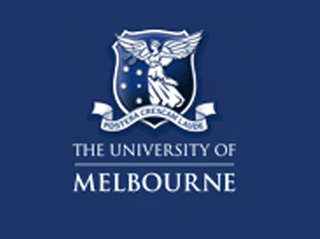
The team unleashed a class of compounds constituting sugar and selenium that may help in combating heart disease. These substances functioned by means of hunting hypohalous acids, which if produced in excess could be detrimental to the body. These acids are apparently risk factors for future incidences of heart diseases.
“Mary Poppins was right in saying – a spoonful of sugar helps the medicine go down. Although these compounds are not the kind of sugar most people would buy as a Valentine’s Day gift we are still very excited by their potential to maintain a healthy heart,” cited Dr Storkey, Heart Research Institute, Sydney.
The mechanism is such that seleno-sugar compounds seemingly inhibited hypohalous acids from impairing critical amino acids in human plasma. This is supposedly a principal avenue to impede the progress of heart disease.
The experts are now working towards modifying the compounds for pharmaceutical use in the future. Heart disease has been the major cause of death worldwide, which essentially necessitates newer and safer ways to treat and prohibit the condition.
The analysis is published in the The Royal Society of Chemistry journal, Chemical Communications. The compounds have also been filed under a patent for developing it for future access.
